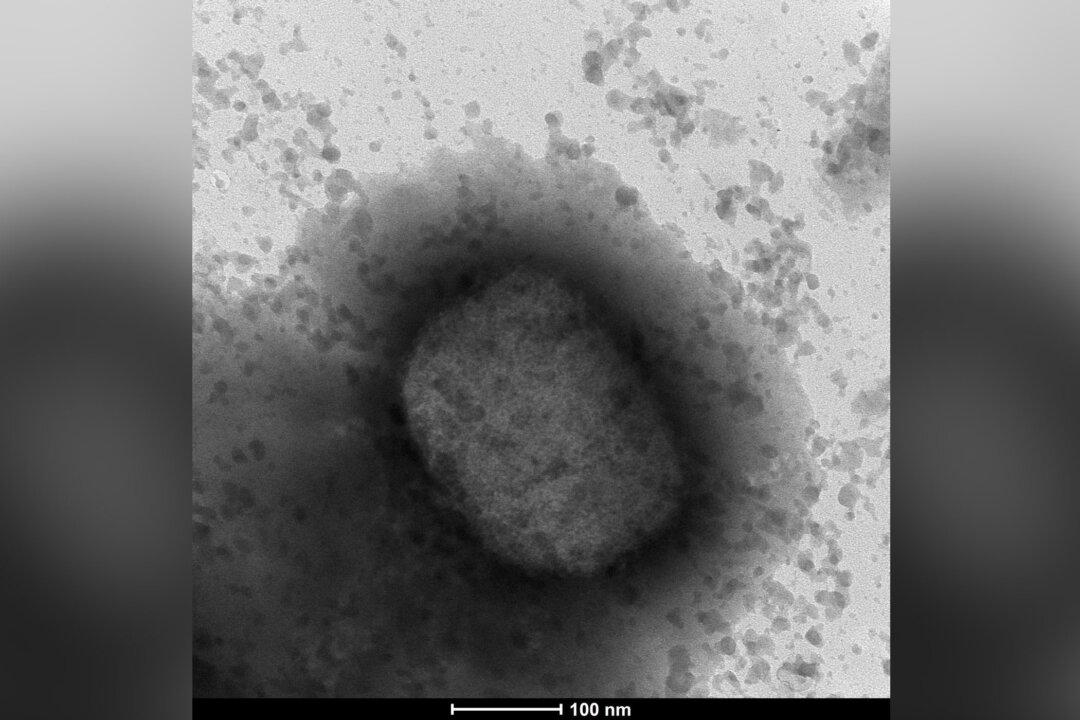The first monkeypox deaths outside of the African continent have been reported in Brazil and Spain, with the latter seeing a second death in a matter of hours.
Brazil was the first to report a monkeypox death on July 29. A 41-year-old man who was suffering from lymphoma and a weakened immune system was the victim. Brazil’s health ministry insisted that the “comorbidities aggravated his condition,” according to the BBC. The individual, hospitalized in the city of Belo Horizonte, died from septic shock after he was taken to the ICU.






